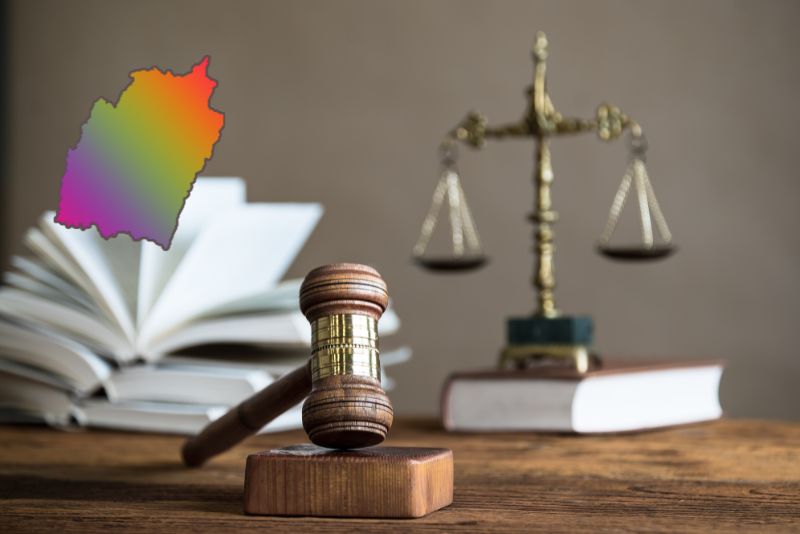
Gangtokian News Desk: A legal complaint has been registered against three members of a fact-finding team supported by a crowdsourcing initiative from the Editors’ Guild of India (EGI) following their investigation into the media’s coverage of an ethnic conflict in Manipur. The complaint alleges that the team’s report is “untrue, contrived, and financially supported.”
The EGI’s report on Manipur’s ethnic violence had accused Manipur journalists of presenting one-sided reports and highlighted the adverse impact of the internet ban on journalism. This ban severely hampered the ability of journalists to communicate with their colleagues, editors, and sources, leading to insufficient coverage and a skewed portrayal of the situation, as mentioned in the EGI report.
In response to the complaint, Manipur’s Chief Minister, N Biren Singh, announced, “The state government has filed an FIR against the members of the Editors’ Guild, who are trying to create more clashes in Manipur.”
This FIR, filed by Imphal-based social worker Ngangom Sarat Singh, has ignited a debate about the media’s role in covering sensitive subjects. Opinions vary on whether the media should uphold stricter accuracy standards, particularly when reporting from conflict areas. Some argue that the media should enjoy the freedom to explore all facets of a story, even if occasional errors arise.
The All Manipur Working Journalists Union (AMWJU) and Editors Guild Manipur (EGM) have expressed strong disapproval of the EGI’s “half-baked so-called fact-finding report,” which they claim was completed in just four days. In a joint statement, these organizations pointed out several contentions and incorrect representations within the EGI report that they believe have damaged the reputation of Imphal-based news outlets and the journalist community in the state.
The EGI’s assertion that Imphal media houses had transformed into Meitei media houses also sparked disagreement from the AMWJU and EGM. In their statement, the AMWJU and EGM acknowledged that there were shortcomings in their own reporting due to constraints like the internet ban and the physical separation of territories accessible to reporters from conflicting communities. They also mentioned instances of self-censorship to prevent the escalation of emotions among the warring parties.
Despite facing criticism for inaccuracies, the EGI report has earned praise for providing valuable insights into the complex ethnic conflict in Manipur. The report delves into the region’s intricate and sometimes turbulent history of conflict, offering a nuanced perspective on the diverse viewpoints involved.
This legal complaint against the EGI team underscores the challenges faced by journalists and fact-finders in conflict-ridden areas and reignites the ongoing conversation about the role and responsibilities of the media in such circumstances.
This article provides a balanced view of the controversy surrounding the EGI’s report on Manipur’s ethnic violence, presenting perspectives from different stakeholders and highlighting the complexities of reporting in conflict zones.
Also Read: Gangtok Unites in Prayer for Manipur Violence Victims
Gangtokian Web Team, 04/09/23
















































